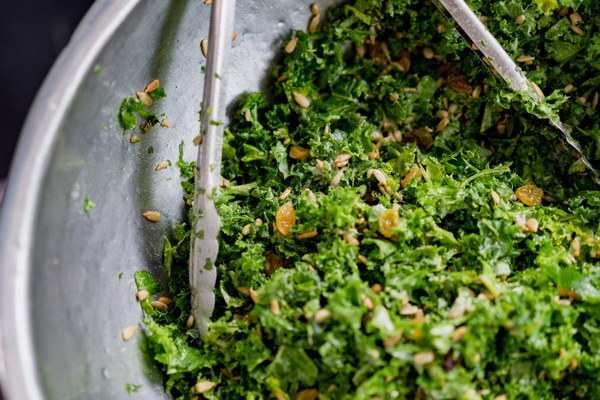Natural Remedies for Baby Constipation A Dietary Guide for Soothing Little Tummies
Introduction:
Constipation in babies can be a concerning issue for parents, as it can lead to discomfort and difficulty in bowel movements. While medication may be necessary in some cases, it is often beneficial to explore natural remedies to alleviate constipation. Dietary adjustments can play a significant role in soothing your baby's tummy and promoting regular bowel movements. In this article, we will discuss various food options that can help alleviate baby constipation and provide practical tips for incorporating them into your little one's diet.
1. High-Fiber Foods:
Fiber is essential for maintaining bowel regularity. Introduce the following high-fiber foods to your baby's diet:
a. Fruits: Applesauce, pears, prunes, and peaches are great sources of fiber. They can be pureed and served as a healthy snack or added to baby food.

b. Vegetables: Carrots, sweet potatoes, and green beans are rich in fiber. These can be steamed and mashed for a nutritious meal.
c. Whole Grains: Oatmeal, brown rice, and whole grain bread are excellent choices. They can be prepared in a way suitable for your baby's age.
2. Hydration:
Ensuring your baby is well-hydrated is crucial for preventing constipation. Here are a few tips to increase fluid intake:
a. Breast milk or formula: If your baby is on breast milk or formula, make sure they are getting enough to maintain hydration.
b. Water: Once your baby starts solids, you can introduce small amounts of water or diluted fruit juice. However, be cautious with fruit juices, as they can be high in sugar and may exacerbate constipation.
c. Breastfeeding: Breastfeeding can help with constipation, as breast milk is easier to digest and can promote bowel movements.
3. Probiotics:
Probiotics are beneficial bacteria that can help maintain a healthy gut. Here are some probiotic-rich foods you can incorporate into your baby's diet:
a. Yogurt: Choose plain, unsweetened yogurt with live cultures. It can be mashed or pureed for babies who are ready for solids.
b. Kefir: Similar to yogurt, kefir is a fermented milk product that contains probiotics. It can be introduced as a milk alternative or added to baby food.
c. Fermented vegetables: Sauerkraut, kimchi, and pickles are examples of fermented vegetables that can provide probiotics. These can be introduced once your baby is ready for solid foods.
4. Avoiding Certain Foods:
Certain foods can worsen constipation in babies. It is best to avoid or minimize the following:
a. Cow's milk: Cow's milk can be difficult for babies to digest and may lead to constipation. If your baby is on cow's milk formula, consider switching to a soy-based or hypoallergenic formula.
b. Cereals: High-fiber cereals can sometimes be too tough for babies to digest. Opt for cereals that are suitable for your baby's age and texture.
c. Processed foods: Foods high in sugar and fat can contribute to constipation. Try to limit processed snacks and opt for healthier alternatives.
Conclusion:
Constipation can be a challenging issue for babies, but dietary adjustments can make a significant difference. By incorporating high-fiber foods, ensuring adequate hydration, introducing probiotics, and avoiding certain foods, you can help soothe your baby's tummy and promote regular bowel movements. Always consult with your pediatrician before making any significant changes to your baby's diet or introducing new foods.









